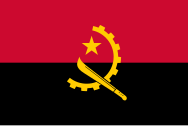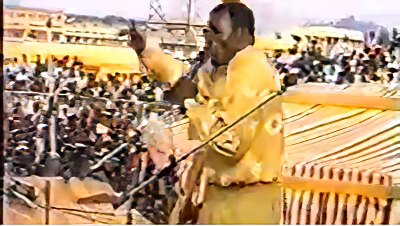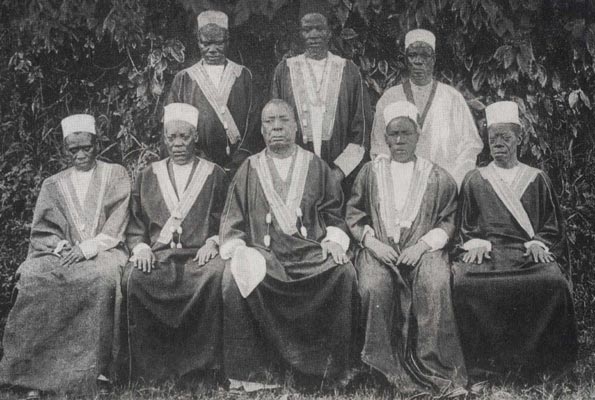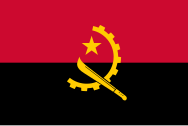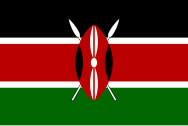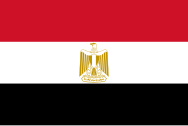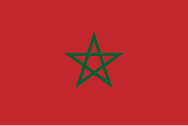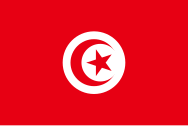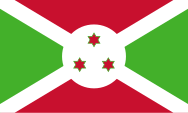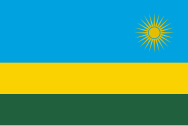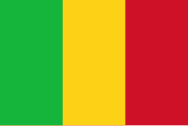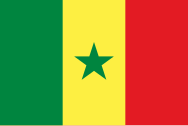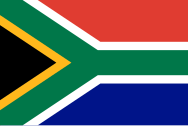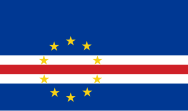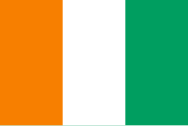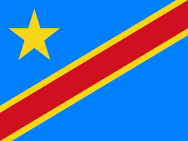officially the Republic of Angola (Portuguese: República de Angola), is a country on the west-central coast of Southern Africa. It is the second-largest Lusophone (Portuguese-speaking) country in both total area and population (behind Brazil in both cases), and is the seventh-largest country in Africa. It is bordered by Namibia to the south, the Democratic Republic of the Congo to the north, Zambia to the east, and the Atlantic Ocean to the west. Angola has an exclave province, the province of Cabinda, that borders the Republic of the Congo and the Democratic Republic of the Congo. The capital and most populous city is Luanda.
Angola has been inhabited since the Paleolithic Age. Its formation as a nation-state originates from Portuguese colonisation, which initially began with coastal settlements and trading posts founded in the 16th century. In the 19th century, European settlers gradually began to establish themselves in the interior. The Portuguese colony that became Angola did not have its present borders until the early 20th century, owing to resistance by native groups such as the Cuamato, the Kwanyama and the Mbunda.
After a protracted anti-colonial struggle, Angola achieved independence in 1975 as a Marxist–Leninist one-party Republic. The country descended into a devastating civil war the same year, between the ruling People's Movement for the Liberation of Angola (MPLA), backed by the Soviet Union and Cuba, the insurgent National Union for the Total Independence of Angola, an originally Maoist and later anti-communist group supported by the United States and South Africa, and the militant organization National Liberation Front of Angola, backed by Zaire. The country has been governed by MPLA ever since its independence in 1975. Following the end of the war in 2002, Angola emerged as a relatively stable unitary, presidential constitutional republic.
Angola has vast mineral and petroleum reserves, and its economy is among the fastest-growing in the world, especially since the end of the civil war; however, economic growth is highly uneven, with most of the nation's wealth concentrated in a disproportionately small part of the population; the largest investment and trade partners are China and the United States.[8] The standard of living remains low for most Angolans; life expectancy is among the lowest in the world, while infant mortality is among the highest.[9] Since 2017, the government of João Lourenço has made fighting corruption its flagship, so much so that many individuals of the previous government are either jailed or awaiting trial. Whilst this effort has been recognised by foreign diplomats to be legitimate,[10] some skeptics see the actions as being politically motivated.[11]
Angola is a member of the United Nations, OPEC, African Union, the Community of Portuguese Language Countries, and the Southern African Development Community. As of 2021, the Angolan population is estimated at 32.87 million. Angola is multicultural and multiethnic. Angolan culture reflects centuries of Portuguese influence, namely the predominance of the Portuguese language and of the Catholic Church, intermingled with a variety of indigenous customs and traditions.


